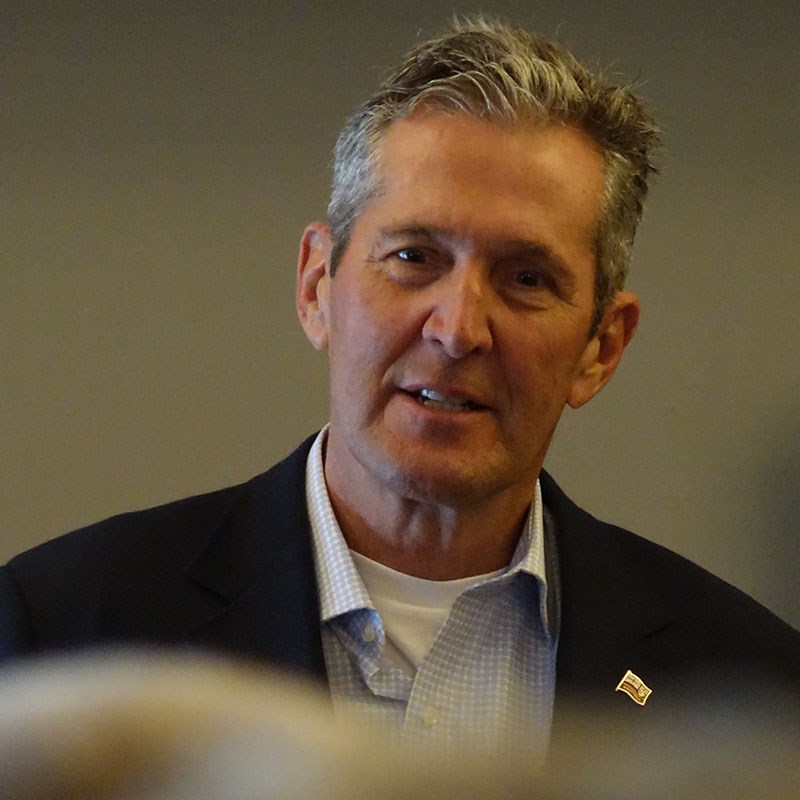Manitoba businesses are getting a $37 million refund via a Workers Compensation Board (WCB) surplus, Premier Brian Pallister announced April 21.
It is expected that about $29 million will go back to private sector employers, with about $7 million of that ending up with small businesses, the WCB said in a press release. About $6.2 million will go to health care employers including regional health authorities, CancerCare Manitoba, Riverview Health Centre and personal care homes.
“It allows us to return money to businesses at a time when cash flow is a real challenge,” Pallister said of the WCB refund.
Eligible employers will receive a credit to their account based on 20 per cent of their 2019 premium, provided they have fulfilled their payroll reporting responsibilities for 2019 and paid a WCB premium last year.
This is the second year the WCB has returned surplus funds to eligible employers.
“With a healthy reserve fund, we are pleased to provide a refund of approximately 20 per cent to employers to help bolster their bottom line,” said WCB chairperson Michael Werier. “It’s incumbent upon businesses like ourselves to do our part to actively help support financial recovery efforts over the next several months.”
WCB is also deferring premium payments and extending the payroll-reporting deadline to the end of May and not charging interest or penalties for non payment until October.
Pallister also said that Manitoba will contribute $16 million to a federal government program to provide rent assistance to commercial enterprises.
Steps to reopen the economy following pandemic shutdowns and public health orders will be taken when it is considered safe to do so.
“Public safety will always be our first concern,” Pallister said, with the economy a close second. “Its recovery will become our central focus in tandem.”
He also said that proposed cutbacks or work hour reductions in some areas of the civil service are necessary to ensure the health care system is adequately funded at a time of greater demand on its resources.
“We need to find hundreds of millions of dollars and we are going to find those resources,” said Pallister, arguing it makes no sense not to access Employment Insurance funds that employers and employees have paid into and borrowing money instead.




